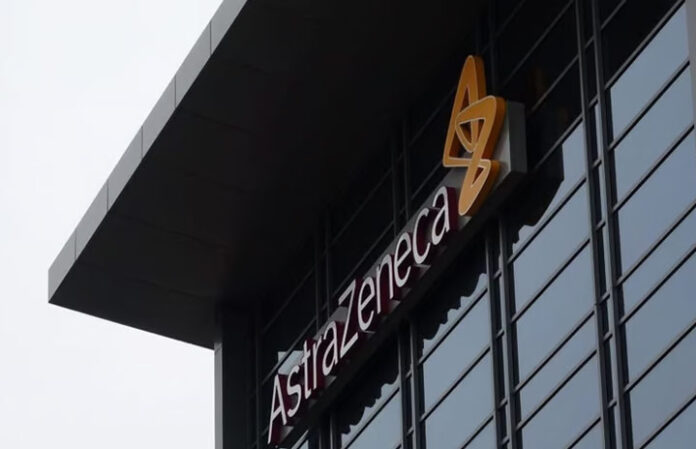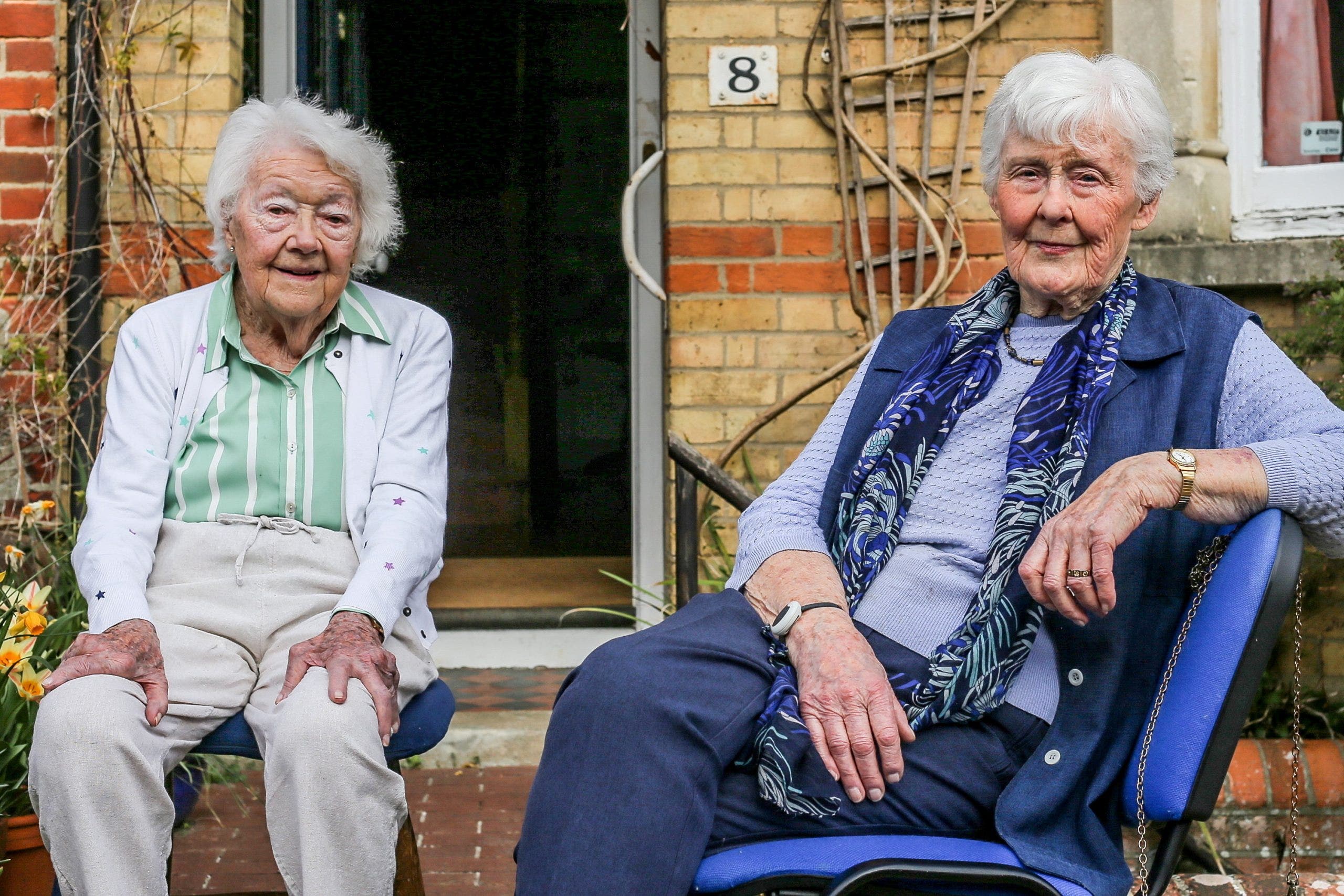AstraZeneca has announced a significant advancement in the treatment of chronic lymphocytic leukemia (CLL) with its BTK inhibitor, Calquence. According to recent interim results from the Phase 3 AMPLIFY trial, Calquence, when combined with venetoclax—with or without Roche’s Gazyva—has demonstrated superior efficacy compared to traditional chemoimmunotherapy in delaying tumor progression and extending survival for patients with previously untreated CLL.
The AMPLIFY trial’s top-line results, which were revealed earlier than expected, show that both the doublet (Calquence plus venetoclax) and the triplet regimen (Calquence plus venetoclax plus Gazyva) met their progression-free survival (PFS) goals. The trial was initially projected to provide results in the second half of 2025. AstraZeneca confirmed to Fierce Pharma that both regimens achieved their PFS objectives as outlined in the trial design.
The results are promising but come with some caveats. Although the new regimens exhibited a trend toward improved overall survival, the data on this metric remains immature at the time of the interim analysis. AstraZeneca plans to present these findings to regulatory authorities to seek approval.
Calquence, which was first approved by the FDA nearly five years ago, has been used either alone or in combination with Gazyva for treating CLL, representing the largest indication for the BTK inhibitor class. Historically, approvals for BTK inhibitors, including Calquence, were based on PFS data rather than overall survival, given the long life expectancy of CLL patients.
The AMPLIFY trial results could position the Calquence-venetoclax-Gazyva combination as a potential first triplet regimen for CLL. AstraZeneca highlighted that this regimen allows for a fixed-duration treatment approach, which could offer significant benefits. Fixed-duration regimens enable patients to pause treatment after a specified period, potentially reducing the risk of long-term adverse effects and drug resistance while improving the quality of life. This feature mirrors the fixed-duration approach offered by AbbVie and Johnson & Johnson’s Imbruvica, which is available with venetoclax in Europe and Canada based on the Phase 3 GLOW study.
Dr. Jennifer Brown from the Dana-Farber Cancer Institute, who is involved in the AMPLIFY trial, emphasized the importance of fixed-duration regimens in improving patient outcomes and reducing the burden of chronic disease management.
If approved, Calquence would become the second-generation BTK inhibitor available for both treat-to-progression and fixed-duration regimens, providing additional options for patients and healthcare providers. AstraZeneca’s Susan Galbraith noted that this would enhance treatment choices and potentially improve patient outcomes.
However, the future of these Calquence combinations as new standards of care in CLL will depend on further developments. The AMPLIFY trial’s comparator arm included chemoimmunotherapies such as bendamustine and rituximab, which are less commonly used in the U.S. today, according to the National Comprehensive Cancer Network (NCCN) guidelines. Currently, the preferred first-line regimens for CLL without del(17p) or TP53 mutations, as outlined by NCCN, include Calquence with or without Gazyva, BeiGene’s rival BTK drug Brukinsa, and the venetoclax-Gazyva combination, while various Imbruvica-based therapies are also recommended.
Calquence and Brukinsa are generally favored over Imbruvica due to their better safety profiles, including lower rates of cardiac toxicity observed in clinical trials. In the second quarter, Calquence’s sales increased by 10%, reaching $790 million, reinforcing its leading position in first-line CLL treatment.
In contrast, BeiGene is exploring the potential of Brukinsa in combination with its BCL2 inhibitor sonrotoclax in a Phase 3 trial against the venetoclax-Gazyva regimen. Sonrotoclax is designed to offer enhanced potency and safety compared to venetoclax.
Brukinsa, despite not having a combination nod yet, generated $489 million in sales in the first quarter. Following its FDA approval for follicular lymphoma in March, Brukinsa now boasts the broadest label within the BTK inhibitor class across various disease types.





